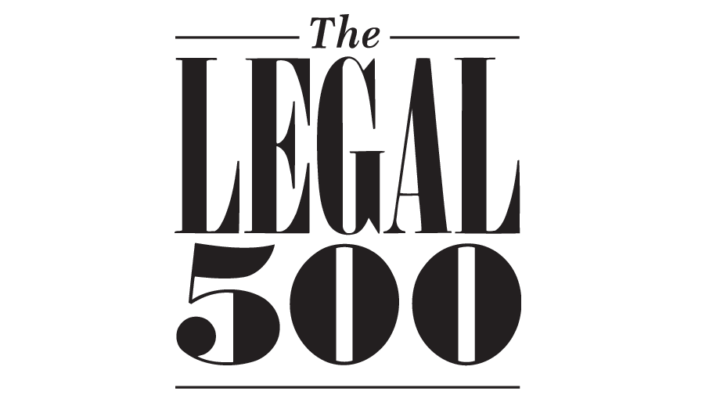Although asset freezes under POCA and financial sanctions laws (latterly SAMLA) have been around for some time, the expansion of scope this year of the RSRs has vastly increased the potential for UK businesses and courts to have to deal with overlaps between the two. BCL partner John Binns writes for LexisNexis discussing a case of R (Ingliston) v Westminster MC (NCA, Aven).
Here is a short extract from the article*. If you wish to read the full article, please click here or visit LexisNexis website.
”The High Court has thwarted attempts to set aside and vary Account Freezing Orders (AFOs) at Westminster Magistrates’ Court under the Proceeds of Crime Act 2002 (POCA). The AFOs affected the assets of two UK companies associated with an individual, Peter Aven, who was designated under regulations made under the Sanctions and Anti-Money Laundering Act 2018 (SAMLA) (specifically, the Russia (Sanctions) (EU Exit) Regulations 2019 (the RSRs)), following similar measures in the EU.
The variations sought, by making exclusions to the AFOs, to give effect to a licence granted under the RSRs by the Office for Financial Sanctions Implementation (OFSI), to enable payments to meet basic needs of Mr Aven and his family. As well as confirming the test for setting aside an AFO, the judgment offers various observations on the AFO regime and the interface between POCA (including exclusions to AFOs) and financial sanctions laws (including OFSI licences).
What are the practical implications of this case?
Although asset freezes under POCA and financial sanctions laws (latterly SAMLA) have been around for some time, the expansion of scope this year of the RSRs has vastly increased the potential for UK businesses and courts to have to deal with overlaps between the two. AFOs have proven popular with law enforcement since their introduction in 2017, establishing a low threshold of ‘reasonable grounds to suspect’ for courts to freeze accounts that may contain the proceeds of, or be intended for use in, unlawful conduct, as a precursor to forfeiture if this can ultimately be proven to the usual civil standard.”
*This article was first published by LexisNexis on 1 November 2022.




